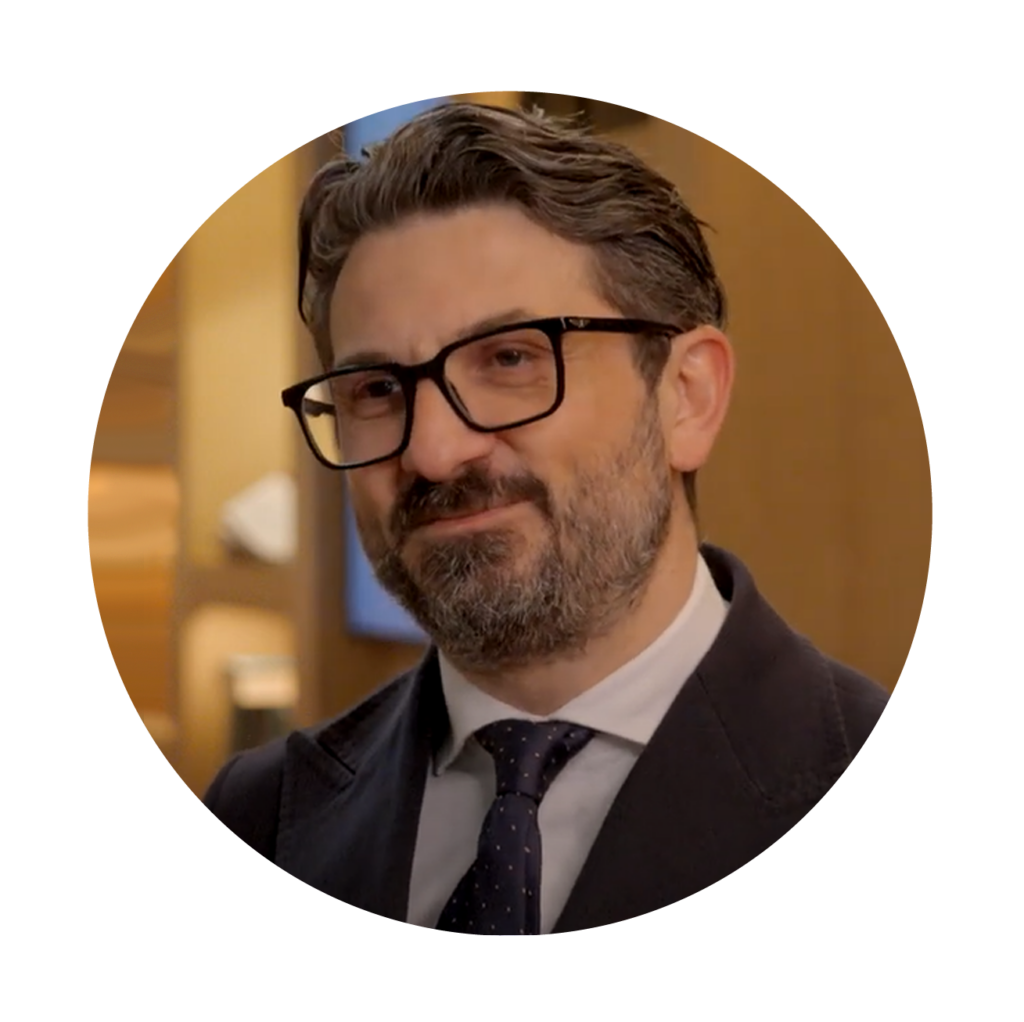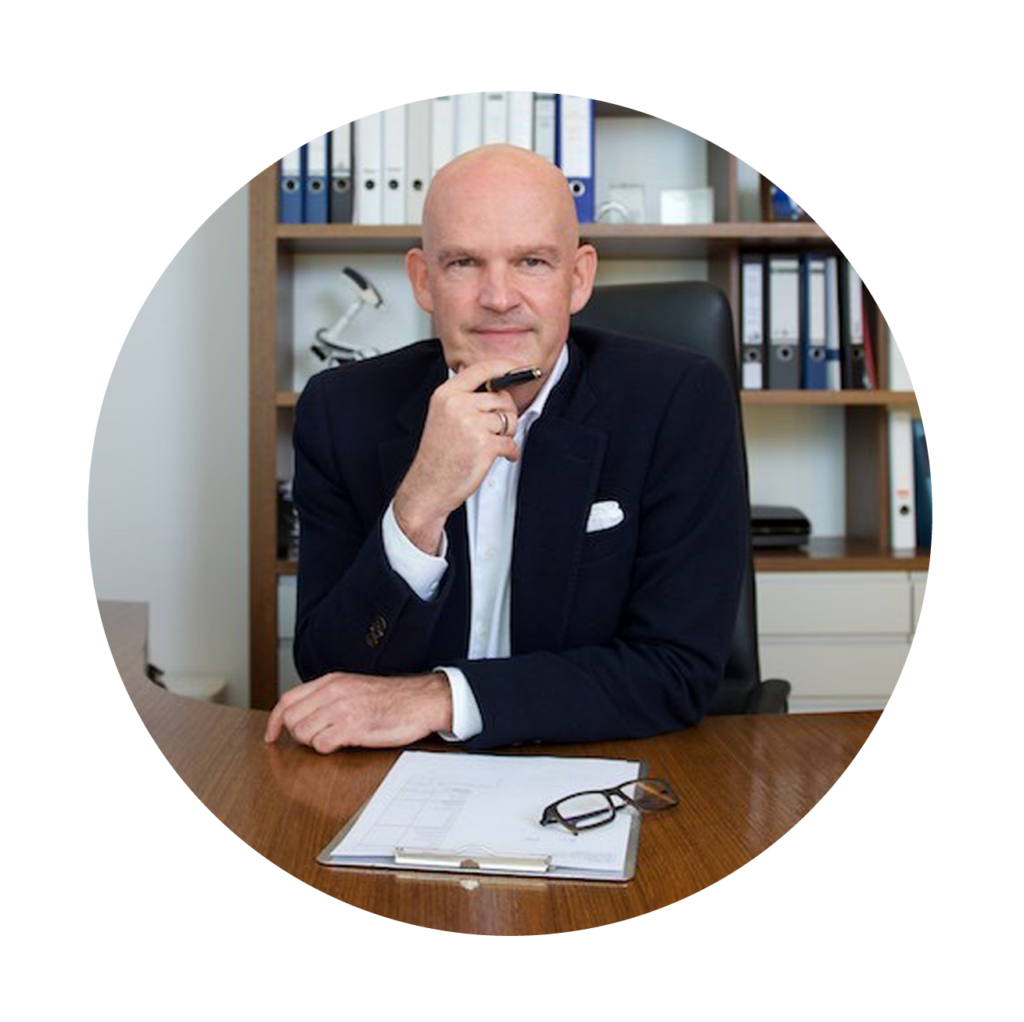Meningiomas represent one of the most common neoplasms encountered in neurosurgery. Although the majority of meningiomas are benign, they frequently present significant clinical challenges due to their tendency to encase or compress critical neurovascular structures. Thus, complete surgical resection, particularly in tumors located at the skull base, is often complex and may not always be feasible. Furthermore, approximately 20% of meningiomas exhibit histological features indicative of aggressive behavior, complicating disease control in the medium term.
Given the biological and clinical heterogeneity of meningiomas, as well as the limitations of current therapeutic options, these tumors often evolve into chronic conditionssubstantially impacting both quality of life and life expectancy of patients. In many cases, a single therapeutic intervention is insufficient, necessitating a comprehensive, long-term management strategy tailored to the individual patient. The treatment approach typically involves a combination of surgical resection and radiotherapy, with variations in timing and modality based on tumor and patient individual characteristics.
Personalizing treatment regimens not only according to the tumor’s morphological and dimensional features but also considering the patient’s age, life expectancy, social and personal circumstances, and treatment preferences can significantly optimize therapeutic outcomes. This personalized approach is essential to mitigate the potential negative impact of inadequate treatment on the patient’s quality of life.
The management of meningiomas requires a thorough understanding of both the potential and the limitations of current treatment modalities, including surgical techniques and radiotherapy, particularly considering recent advances in minimally invasive surgical procedures as well as precision radiotherapy. This presentation will discuss the heterogeneity of meningiomas, factors influencing their biological behavior, and their response to various treatments in the light of decades of observation and analysis of results. We will explore innovative treatment strategies such as hypofractionation as an alternative to both single fraction and normofractionated radiotherapy, and address critical issues such as the need for advanced imaging techniques for radiotherapy planning and monitoring. Finally, we will consider the long-term management of meningiomas, with a focus on disease control, prevention of complications, and strategies to improve patient outcomes.
Learning objectives:
Understand the clinical challenges associated with meningiomas
Evaluate current available treatment strategies and their curative potential and limitations
Explore emerging treatment strategies and the concept of a paradigm shift in the management of meningiomas
This webinar is pending approval from CAMPEP for 1 MPCEC hour and approved by ASRT for 1 category A credit.

Presenter: Alfredo Conti, M.D., Ph.D., FEBNS
Associate Professor of Neurosurgery, Chairman Residency School of Neurosurgery , Alma Mater Studiorum University of Bologna, IRCCS Institute of Neurological Sciences of Bologna, Italy
Prof. Conti, a distinguished neurosurgeon, studied at “A. Corelli” Conservatory and “G. La Farina” in Messina, Italy, graduating in Medicine with honors in 1997 and completing his residency in 2002. He has held various academic positions, including Associate Professor at the University of Messina and Bologna, and Visiting Professor at Charité in Berlin. He has extensive training abroad, including CyberKnife radiosurgery in California, and has authored over 230 Scopus-indexed publications. Prof. Conti has received numerous prestigious awards and holds a patent. His clinical activity includes participation in over 3000 surgical interventions, specializing in functional and neuro-oncological neurosurgery.

Moderator: Alexander Muacevic, M.D.
Professor, European Radiosurgery Center Munich, Germany
Prof. Alexander Muacevic is the Medical Director of the European Radiosurgery Center in Munich, Germany. He holds an academic teaching position at the University of Munich Hospitals. His main clinical and scientific interest is full-body radiosurgery using advanced image-guided robotic technology. He is a trained and board-certified neurosurgeon and radiosurgeon. He also holds a European Neurosurgery Certificate. He has published over 100 scientific contributions, including full papers, book chapters, and congress proceedings. Prof. Muacevic is a member of several academic societies and is the co-founder and co-chief editor of Cureus.com.

